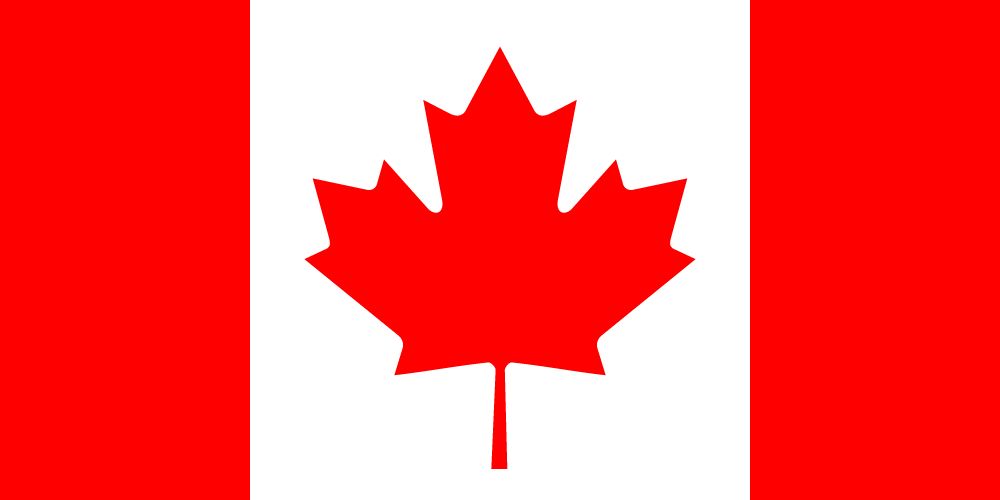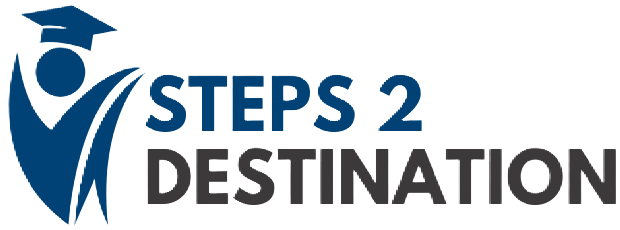
Canada is one of the most popular destinations for Indian students, known for its high-quality education system, multicultural environment, and welcoming communities. With top-ranked universities, diverse course offerings, and strong post-graduation work opportunities, Canada offers a compelling option for students looking to advance their academic and professional careers. However, studying in Canada requires securing a study visa and meeting specific language proficiency requirements. This detailed guide will walk you through the process and explain how Steps 2 Destination can support you in achieving your dream of studying in Canada.
1. Understanding the Canadian Study Visa (Study Permit)
A Canadian study visa, commonly referred to as a study permit, is required for Indian students who wish to pursue their education in Canada. The study permit allows you to study at designated learning institutions (DLIs) and gives you the option to work part-time during your studies, which can help offset living expenses and provide valuable work experience.
Eligibility Requirements for a Study Permit
Before applying for a study permit, you must meet several key eligibility criteria:
- Acceptance Letter: You must have an official letter of acceptance from a recognized Canadian educational institution (DLI).
- Proof of Financial Support: You need to demonstrate that you have sufficient funds to cover your tuition fees, living expenses, and return transportation.
- Intention to Leave Canada: You must prove that you intend to leave Canada after your studies are completed, although many students opt to stay longer through work permits or immigration pathways.
2. Language Proficiency Requirements: IELTS and Similar Exams
Proving your English language proficiency is a crucial requirement for admission to Canadian universities and for obtaining a study permit. The IELTS (International English Language Testing System) is the most commonly accepted test in Canada, but other exams like TOEFL (Test of English as a Foreign Language) or CELPIP (Canadian English Language Proficiency Index Program) are also recognized.
IELTS Overview
The IELTS exam assesses your English language skills in four areas: listening, reading, writing, and speaking. Most Canadian universities require an overall IELTS score of 6.5, with no individual band score below 6.0, although requirements may vary depending on the course and institution. Higher scores may be required for specific programs, especially those at the postgraduate level.
Preparing for IELTS
Securing the required IELTS score is essential for admission to Canadian institutions. Steps 2 Destination provides comprehensive IELTS preparation programs designed to help you achieve your desired band scores. Their experienced instructors offer personalized coaching that targets each section of the exam, ensuring that you are well-prepared and confident on test day. Through a combination of practice tests, targeted feedback, and strategy sessions, Steps 2 Destination equips you with the skills necessary to meet the language proficiency requirements for Canadian universities.
Alternatives to IELTS
In addition to IELTS, other English proficiency tests like TOEFL and CELPIP are accepted by many Canadian institutions. TOEFL is a popular choice for students more familiar with American English, while CELPIP is specifically designed to assess English proficiency in a Canadian context. Steps 2 Destination also offers specialized coaching for these exams, ensuring that you are well-prepared regardless of the test you choose.
3. Achieving the Dream: Detailed Steps to Success
Studying in Canada involves careful planning and preparation. Here’s a detailed breakdown of the steps you need to take to achieve your dream:
Step 1: Choose the Right Course and Institution
- Research Thoroughly: Start by researching Canadian universities and colleges to find a program that aligns with your academic and career goals. Consider factors such as the institution’s reputation, the quality of the program, location, campus facilities, and opportunities for research or internships.
- Understand the Application Process: Each institution has its own application process, so it’s important to understand the specific requirements and deadlines for your chosen program. Early preparation is key to meeting these deadlines.
Step 2: Meet the Admission Requirements
- Academic Qualifications: Ensure that you meet the academic prerequisites for your chosen program. This may include specific grades, courses, or prior degrees.
- Language Proficiency: Achieve the required IELTS, TOEFL, or CELPIP scores. Steps 2 Destination can guide you through this process with tailored exam preparation.
Step 3: Apply for Admission
- Prepare Your Application: Gather all necessary documents, including transcripts, letters of recommendation, a statement of purpose, and proof of language proficiency.
- Submit Your Application: Submit your application to the chosen institutions within the specified deadlines. Pay attention to any additional requirements, such as interviews or portfolios, depending on the program.
Step 4: Financial Planning
- Budgeting: Calculate the total cost of studying in Canada, including tuition fees, living expenses, health insurance, and travel costs.
- Explore Scholarships: Research scholarship opportunities offered by Canadian institutions, the Canadian government, or private organizations. Scholarships can significantly reduce the financial burden of studying abroad.
- Part-Time Work Opportunities: Canadian study permits typically allow international students to work up to 20 hours per week during academic sessions and full-time during scheduled breaks. This can help offset some of your living expenses.
Step 5: Apply for a Study Permit
- Proof of Acceptance and Financial Support: Ensure you have your letter of acceptance and financial proof ready. While the study permit application process requires careful attention to detail, it’s important to focus on gathering the necessary documents and information without stressing about specific form details.
Step 6: Prepare for Your Departure
- Pre-Departure Orientation: Familiarize yourself with Canadian culture, climate, and academic expectations. Steps 2 Destination can provide you with valuable tips and guidance to help you transition smoothly to life in Canada.
- Accommodation: Arrange your accommodation in advance, whether it’s on-campus housing, off-campus apartments, or homestays. Consider factors like proximity to campus, public transportation, and amenities.
- Health Insurance: Ensure you have adequate health insurance coverage for your stay in Canada. Many provinces offer health insurance plans for international students, but you may need to purchase additional coverage depending on your situation.
4. How Steps 2 Destination Can Help You Achieve Your Dream
Navigating the process of studying in Canada can be complex, but with the right guidance, you can achieve your goals with confidence. Steps 2 Destination provides comprehensive support throughout your journey, including:
- Personalized Course and Institution Selection: Their experienced counselors help you choose the right program and institution based on your academic background, career aspirations, and personal preferences.
- Expert IELTS and Exam Preparation: With specialized coaching for IELTS, TOEFL, and CELPIP, Steps 2 Destination ensures that you meet the language proficiency requirements for Canadian universities.
- Application Assistance: From helping you prepare your application materials to providing guidance on writing a compelling statement of purpose, Steps 2 Destination ensures that your application stands out.
- Financial Planning and Scholarship Guidance: They assist you in budgeting for your studies, exploring scholarship opportunities, and understanding part-time work options.
- Pre-Departure Support: Steps 2 Destination offers pre-departure orientations to help you prepare for life in Canada, including cultural adjustment tips and practical advice on living and studying abroad.

